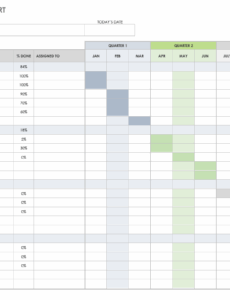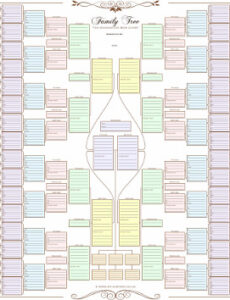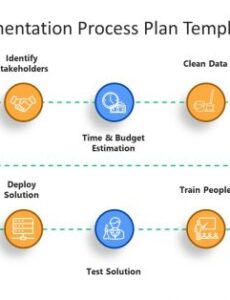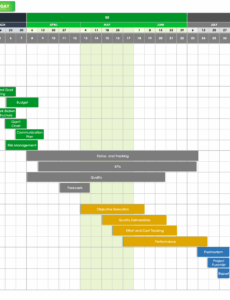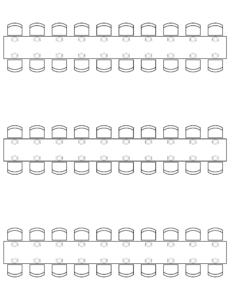Effective business operations, particularly in logistics and transportation, necessitate precision and clarity in every interaction. A well-constructed transport quotation template serves as a fundamental instrument for service providers to articulate their offerings with professionalism and detail. This structured document not only outlines the proposed costs for moving goods but also establishes a clear understanding of the service scope, terms, and conditions, acting as the initial formal communication that sets client expectations. It is an indispensable tool for freight forwarders, trucking companies, courier services, and individual transport contractors, ensuring that all parties operate from a foundation of mutual understanding.
Developing and utilizing such a comprehensive template streamlines the quotation process, minimizing errors and improving response times. This form provides a standardized framework, allowing businesses to maintain consistency across all client interactions, regardless of the complexity or scale of the transportation request. It is designed to foster transparency and build trust, critical components in the often-complex world of supply chain management and logistics. From small package deliveries to intricate multimodal freight operations, the template’s structured approach enhances efficiency and professionalism, benefiting both the service provider and the client.
The Importance of Organized Planning and Professional Documentation
In the competitive landscape of transportation and logistics, the adage "time is money" holds profound truth. Organized planning, underpinned by robust professional documentation, is not merely a best practice; it is a strategic imperative. A clear and comprehensive quotation form prevents misunderstandings, mitigates disputes, and lays a solid groundwork for successful service delivery. When a client receives a meticulously prepared proposal template, it immediately conveys an impression of competence and reliability, which are key differentiators in attracting and retaining business.
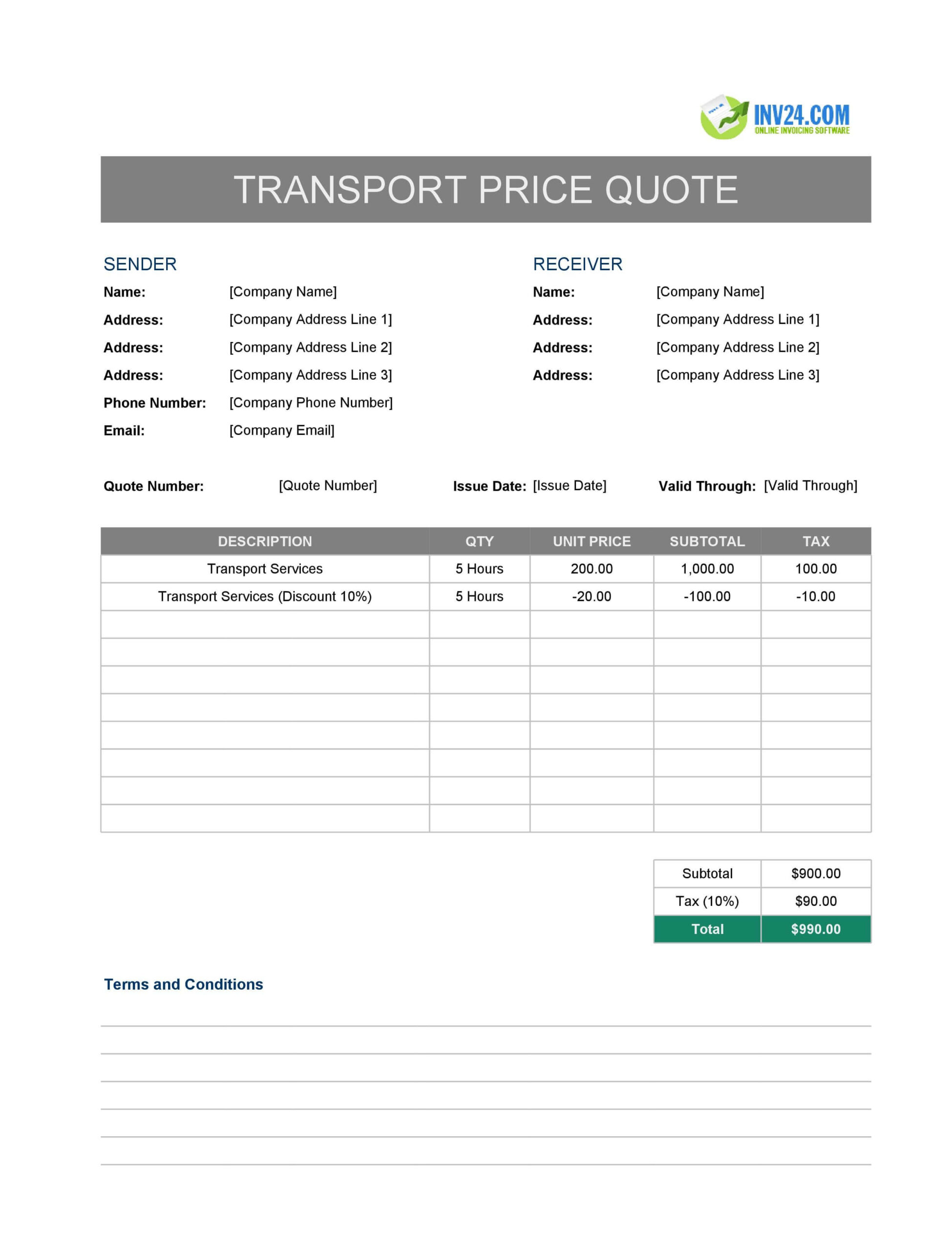
Professional documentation extends beyond merely listing prices; it encompasses a holistic communication strategy. Each element within a well-structured sales document, from the breakdown of services to the explicit terms and conditions, contributes to a perception of thoroughness. This level of detail assures clients that their operational needs have been carefully considered, reinforcing trust and encouraging long-term partnerships. Such documentation is vital for accurate record keeping, providing an auditable trail of all agreements and facilitating internal process improvements.
Key Benefits of Structured Quotation Templates
Adopting structured templates, forms, or quotation layouts offers a multitude of strategic advantages for any business involved in transport services. These benefits extend from operational efficiency to enhanced client relations, ultimately contributing to sustained growth and profitability. The standardization inherent in a professional layout significantly reduces the administrative burden associated with generating individual price estimates for each new inquiry.
One primary benefit is the significant reduction in potential errors. By pre-populating standard information and guiding users through essential fields, a well-designed quotation template minimizes oversight and ensures all critical data points are consistently included. This consistency is invaluable for internal quality control and for presenting a unified brand image to all prospective clients. Furthermore, the efficiency gained allows sales teams to respond to inquiries more quickly, improving conversion rates by striking while client interest is high.
A standardized business offer also improves financial management. Clear breakdowns of costs, surcharges, and payment terms embedded within the template help in precise revenue forecasting and financial planning. The ability to quickly generate accurate service estimates empowers businesses to adapt swiftly to market changes and to confidently present competitive pricing. This structured approach transforms the often-cumbersome task of creating quotes into a streamlined, strategic function.
Adapting the Template for Diverse Industry Needs
The inherent flexibility of a well-designed transport quotation template allows for its adaptation across a wide spectrum of industries and business models. While the core purpose remains consistent – to provide a clear price estimate for transportation services – its structure can be customized to suit specific operational nuances, whether for large enterprises, small businesses, or individual freelancers. This adaptability ensures that the template remains a relevant and valuable tool regardless of the scale or scope of operations.
For a large logistics corporation managing international freight, the template might include sections for customs duties, multi-leg journey details, and various insurance options. Conversely, a local courier service or an independent contractor offering last-mile delivery could simplify the layout to focus on mileage, package size, and expedited service fees. The modular nature of a robust quotation form allows for the addition or removal of sections, ensuring that it remains pertinent to the specific services being offered and the regulatory environment in which the business operates.
Retailers requiring consistent shipping quotes for product deliveries, manufacturers needing freight estimates for raw materials or finished goods, and even service-based industries coordinating equipment transport can all benefit. Each can tailor the template’s terminology and fields to reflect their unique supply chain requirements and customer expectations. This versatility makes the transport quotation template an essential component of professional communication across various sectors, ensuring that every business offer is relevant and precise.
Effective Application Scenarios for a Transport Quotation Template
The utility of a transport quotation template is evident across numerous operational contexts, significantly enhancing efficiency and professionalism. This powerful business file is most effective when deployed in situations demanding clarity, speed, and consistency in communication.
Examples of when using a transport quotation template is most effective include:
- New Client Inquiries: When a prospective client requests a price for transporting goods, the template ensures all necessary information is captured and presented consistently, facilitating a prompt and professional response.
- Complex Logistics Projects: For projects involving multiple legs, varied cargo types, or specialized handling, the structured layout helps to itemize costs and services clearly, preventing misunderstandings.
- Regular Service Contracts: Even for ongoing contracts, using the template for periodic service estimates or renewals helps maintain transparency and provides an updated record of agreed-upon terms.
- Freight Brokerage: Brokers can use the template to standardize quotes from various carriers before presenting a consolidated proposal to their clients, ensuring consistency in their own professional layout.
- International Shipments: When customs, duties, and different shipping modes are involved, the template provides dedicated sections to detail each component, offering a comprehensive overview.
- Specialized Cargo Transport: For hazardous materials, oversized loads, or temperature-controlled goods, the template can be adapted to include specific compliance details, permits, and additional handling costs.
- Auditing and Record Keeping: As a standardized record, the completed quotation aids in internal audits, dispute resolution, and historical data analysis for future pricing strategies.
- Responding to RFQs/RFPs: When responding to formal requests for quotes or proposals, a pre-structured template allows for rapid, compliant, and detailed submissions.
Design, Formatting, and Usability Best Practices
The efficacy of any transport quotation template is directly linked to its design, formatting, and overall usability. A well-designed template is not only aesthetically pleasing but also intuitively navigable, ensuring that both the sender and the recipient can easily understand its contents. Clarity and conciseness should be paramount, avoiding unnecessary jargon or overly complex layouts that could lead to confusion or misinterpretation.
Firstly, consider a clean, professional layout that incorporates the company’s branding, including logo, color scheme, and contact information. This reinforces brand identity and lends credibility to the document. Organize information logically with clear headings and subheadings, making it easy to scan and locate specific details. Use sufficient white space to prevent visual clutter and improve readability. For the actual content, employ consistent formatting for dates, currencies, and units of measurement.
For print versions, ensure high-quality resolution for logos and text, and consider using a professional font that is legible even at smaller sizes. Digital versions, conversely, should be optimized for various screen sizes and devices. This might involve responsive design principles if the quotation form is web-based, or ensuring that PDF versions are easily searchable and allow for digital signatures. Including interactive elements, such as dropdown menus for service options or auto-calculating fields, can significantly enhance usability and accuracy. Moreover, always provide a clear call to action or instructions on how to proceed, such as an acceptance button or signature line, simplifying the client’s next steps.
A meticulously crafted transport quotation template serves as far more than a mere price list; it is a powerful communication tool that underpins professional relationships and operational efficiency. By standardizing the process of generating a business offer, companies can significantly reduce administrative overhead, minimize errors, and accelerate their response times to client inquiries. This strategic document fosters transparency, builds trust, and positions a service provider as an organized and reliable partner in the complex world of logistics.
Embracing such a structured approach ensures that every client receives a clear, comprehensive, and consistent service estimate, reflecting the high standards of the business. From initial inquiry to final delivery, the template acts as a crucial record, facilitating smooth transactions and providing a valuable resource for record keeping and future reference. Ultimately, investing in a robust and adaptable template translates directly into improved client satisfaction and a stronger, more professional presence in the competitive transport market.
